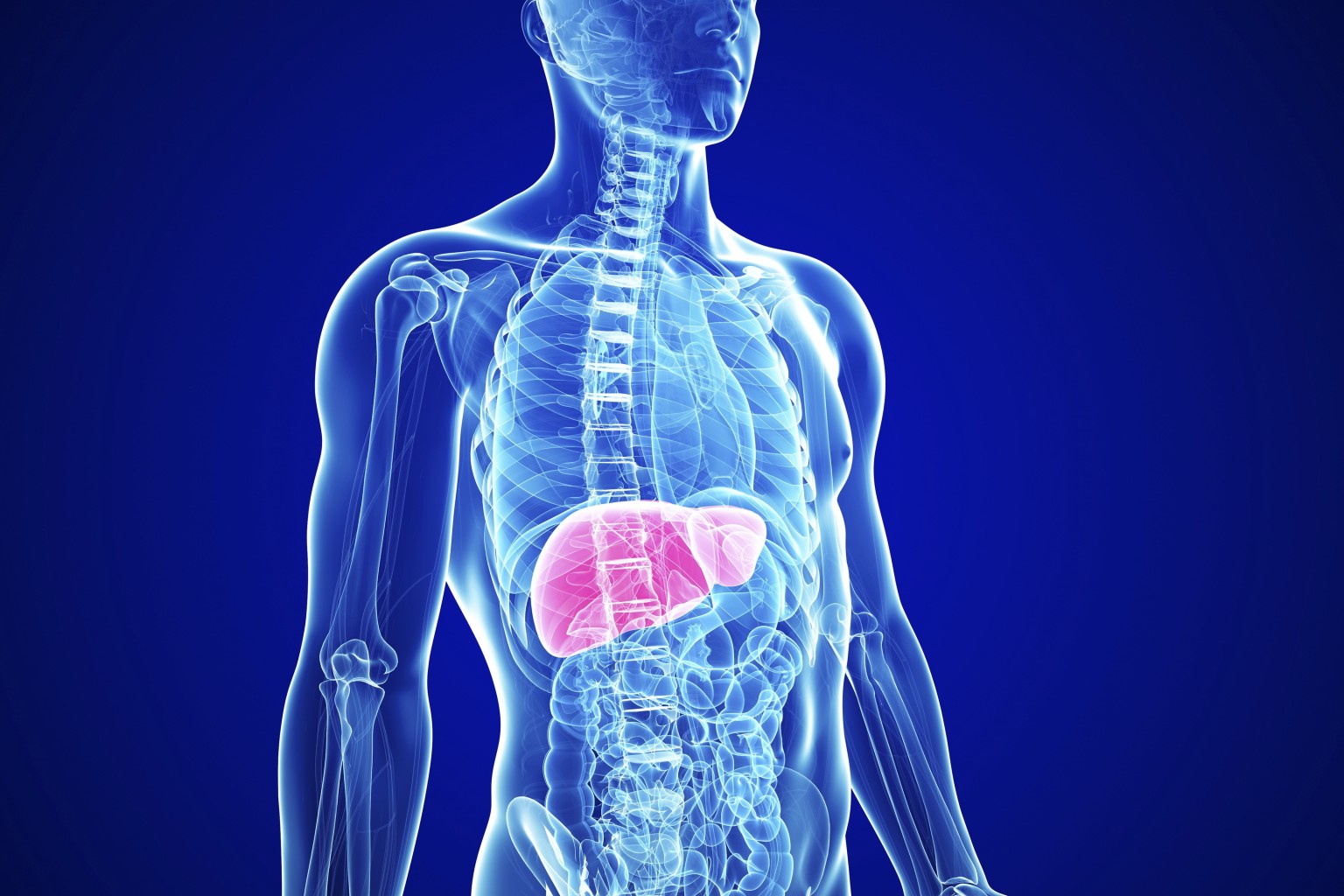Are you really taking care of your liver? Do you know the functions of this organ? Do you know how important it is? What to avoid and what to take for a healthy liver?
Liver disease is a general term that can describe many conditions or diseases that affect the liver’s functions. Examples include hepatitis, which is an inflammation of the liver, cirrhosis, which is scarring of the liver, or infections. No matter what your liver condition is, if the liver’s functions are affected, you might experience problems with the digestion and processing of foods. Avoiding certain foods can help you prevent any discomfort, and prevent any complications related to malnutrition and mal-absorption.
Functions of the Liver
The liver is one of the most important organs in your body. It filters your blood, makes bile, which helps with fat digestion and absorption, processes and distributes fats to the rest of your tissues that they can be used for energy, and makes many important proteins. Examples of these proteins include those in charge of blood clotting, and those in charge of fluid transport, such as albumin. In addition, your liver helps metabolize and process important vitamins such as iron, vitamin D and vitamin A.
Limit Fluid and Sodium
When you have liver disease, your blood vessels’ ability to retain fluid is diminished because of decreased protein synthesis in your liver, mainly albumin. This causes fluid leaks in your blood vessels, which in turn, causes fluid buildup in other tissues, or ascites. By limiting the amount of salt and fluid in your diet, you can decrease fluid retention and swelling. Foods that are high in sodium or salt include canned soups and vegetables; processed meats, such as bacon, sausages and salami; cheeses; condiments; and most snack foods. You can also determine if a food is high in sodium if its nutrition information label says that it has more than 300 mg of sodium per serving. As a rule of thumb, you should try to limit your sodium intake to less than 2,000 mg per day.
Control Protein Intake
Because your liver functions are impaired, your body cannot process proteins well, which may cause a buildup of ammonia in your body. Ammonia is toxic and can cause brain function problems. Ask your physician or your registered dietitian what your individual needs are, but in general, the American Dietetic Association recommends that you should not eat more than 1 g of protein per 1 kg of your weight per day. Foods that are high in protein include meat, poultry, fish, dairy products, legumes, nuts and seeds, and some cereals.
Avoid Saturated Fats
Because liver disease is usually accompanied by unintentional weight loss, you shouldn’t limit fat intake completely. Additionally, liver disease might reduce your liver’s ability to produce bile. Bile is a substance created by the liver and distributed by the gallbladder into the stomach and is necessary for the digestion and absorption of fats, which is why it is important you consume enough calories from healthy fats. Your body needs some fats for general health, but choose unsaturated fats, rather than saturated or trans fats. Examples of foods with saturated fats include butter, whole milk and all animal products. Examples of foods with healthy fats include olive oil, canola oil and avocados.
-Livestrong.com
Now, let us protect our LIVER.
Think of your liver like your own personal filtering system: Suck in the bad and spit out the good.
“The liver has many important functions that keeps a person healthy. It removes harmful material from the bloodstream and helps digest food,” says holistic nutritionist Hermeet Suri from Mississauga, Ont.
The liver, weighing in at an average of three pounds, is a rubbery and reddish-brown organ that sits on the right side of your stomach, according to WebMD.com.
A functioning liver works as our bodies’ fat-burning organ: It converts nutrients from the food we eat into essential blood components, storing vitamins and minerals and producing proteins and enzymes to maintain hormone balances in our bodies, Suri says. Our livers also help our immune system fight infections, remove bacteria from the blood and make bile, which is essential for digesting our meals.
Problems with your liver can be inherited or can occur if your body is infected by any viruses or harmful chemicals, according to The Mayo Clinic. Mistreating your liver can raise the risk of obesity, cardiovascular disease, chronic fatigue, headaches, digestive problems, allergies and many other ailments, Suri says.
“Although the immune system protects our body from many dangers, it is the liver that protects the immune system from becoming overloaded,” he says.
Suri says avoiding an excessive consumption of tobacco, alcohol, coffee and white sugar and adding in low impact exercises (like daily walks) and drinking lots of water are all ways to ensure good liver health.

Garlic:
Garlic helps your liver activate enzymes that can flush out toxins. It also has a high amount of allicin and selenium, two natural compounds that aid in liver cleansing says holistic nutritionist Hermeet Suri.
Grapefruit:
Eating or drinking grapefruit juice can help your liver flush out carcinogens and toxins. This fruit is also high in both vitamin C and antioxidant properties.
Beets:
Beets are high in plant-flavonoids, which can improve the overall functions of your liver.
Leafy Greens:
Leafy greens like spinach and lettuce have the ability to neutralize metals, chemicals and pesticides that may be in our foods, and act as a protective mechanism for the liver, Suri says.
Green Tea:
Green tea is full of plant antioxidants known as catechins, which have been known to improve the functions of our liver.
Avocados:
Adding more avocados to your diet can help your body produce a type of antioxidant called glutathione, which is needed for our livers to filter out harmful materials, Suri says.
Crucferous Vegetables:
Cruciferous veggies like broccoli and Brussels sprouts also increase the amount of glucosinolate (organic compounds) in our bodies that helps create enzyme production for digestion, Suri says.
Lemons:
We all know citrus fruits like lemons are full of vitamin C, but lemons also help our bodies cleanse out toxic materials and aid the digestion process.
Turmeric:
Used as a spice, tumeric has been known to help our bodies digest fats and stimulate the production of bile. It can also act as a natural form of detox for your liver.
Walnuts:
Walnuts are also high in glutathione and omega-3 fatty acids, which help support our liver through its cleansing process.
-Huffpostliving
It’s not something you probably think much about, but your liver is a key player in your body’s digestive system. Everything you eat or drink, including medicine, passes through it. You need to treat it right so it can stay healthy and do its job.
“It’s an organ you could easily trash if you don’t take good care of it, and once you trash it,  it’s gone.”
it’s gone.”
-Rohit Satoskar, MD,
MedStar Georgetown Transplant Institute.
























You must be logged in to post a comment.